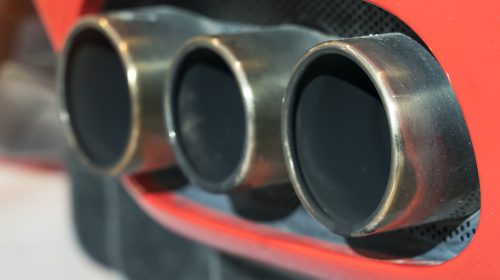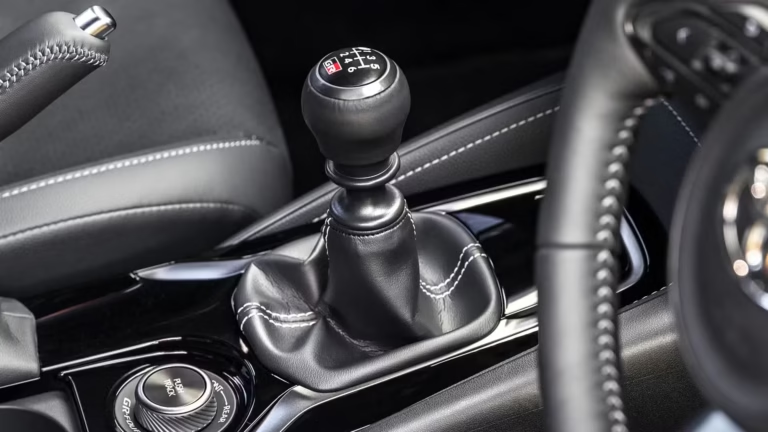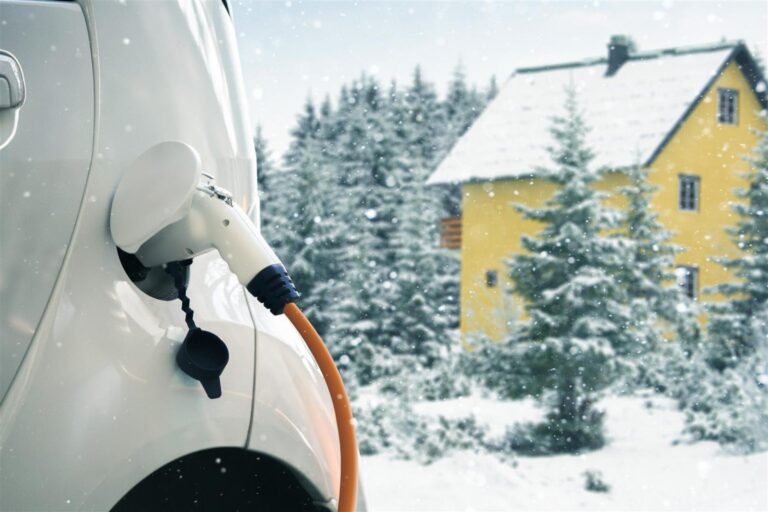
Table of Contents
Introduction
As winter approaches, electric vehicle (EV) owners must take extra precautions to ensure their cars perform optimally in cold weather. Knowing how to winterize an electric car is essential to maintain battery efficiency, driving range, and overall safety. Unlike traditional gasoline vehicles, EVs face unique challenges in freezing temperatures, making proper winter preparation crucial. This guide covers everything you need to know to keep your electric car running smoothly all season long.
Understanding the Unique Challenges of Winter for Electric Cars
Cold weather significantly impacts electric vehicles, primarily due to battery chemistry. Lithium-ion batteries, which power most EVs, lose efficiency in low temperatures, reducing range by up to 20-30% in extreme cold. Additionally, regenerative braking may become less effective, and cabin heating can drain the battery faster.
Understanding these challenges is the first step in learning how to winterize an electric car effectively. By taking proactive measures, you can mitigate these issues and ensure reliable performance throughout winter.
Battery Care During Winter Months
The battery is the heart of an EV, and cold weather can strain its performance. Here’s how to protect it:
Precondition the Battery
Most modern EVs allow you to precondition the battery while plugged in. This warms the battery to an optimal temperature before driving, improving efficiency and range.
Keep the Battery Charged
Avoid letting the battery drop below 20% charge in cold weather. A fuller battery retains heat better, reducing the risk of capacity loss.
Use Garage Parking When Possible
Parking your EV in a garage (even an unheated one) helps insulate the battery from extreme cold. If outdoor parking is unavoidable, consider a thermal blanket for added protection.
By following these steps, you’ll master how to winterize an electric car and extend battery life during winter.
Tire Maintenance for Safe Winter Driving
Winter tires are a game-changer for EVs, which are often heavier due to their battery packs. Here’s what to consider:
Switch to Winter Tires
All-season tires harden in cold temperatures, reducing traction. Winter tires, made with softer rubber compounds, provide better grip on snow and ice.
Monitor Tire Pressure
Cold air causes tire pressure to drop, increasing rolling resistance and reducing efficiency. Check pressure regularly and inflate to the manufacturer’s recommended PSI.
Proper tire care is a critical part of how to winterize an electric car, ensuring safety and efficiency on winter roads.
Interior and Exterior Care
Winter conditions can take a toll on your EV’s exterior and interior. Follow these tips to keep it in top shape:
Protect the Exterior
Road salt and slush can cause corrosion. Regularly wash your car, including the undercarriage, and apply a protective wax coating.
Prevent Door and Seal Freezes
Apply silicone spray to door seals to prevent freezing. Keep a de-icer spray handy for locks and handles.
Use Floor Mats and Seat Covers
Winter slush can damage carpets and upholstery. Heavy-duty rubber mats and waterproof seat covers help preserve your interior.
Maintaining cleanliness and functionality is another key aspect of how to winterize an electric car effectively.
Charging Considerations in Cold Weather
Charging an EV in winter requires extra attention:
Charge Indoors When Possible
If you have access to a garage charger, use it. Cold temperatures slow down charging speeds, so indoor charging is more efficient.
Plan Charging Stops on Long Trips
Cold weather reduces range, so plan charging stops in advance. Apps like PlugShare can help locate reliable charging stations in winter.
Avoid Fast Charging in Extreme Cold
Frequent use of DC fast chargers in freezing temperatures can stress the battery. Whenever possible, use Level 2 charging instead.
Understanding these charging nuances is vital when learning how to winterize an electric car for optimal performance.
Preparing for Emergency Situations
Even with precautions, winter driving can be unpredictable. Equip your EV with these essentials:
Winter Emergency Kit
Include items like:
- A warm blanket and extra gloves
- A portable jump starter (for 12V systems)
- A snow shovel and ice scraper
- Non-perishable snacks and water
Keep a Backup Charger
A mobile charger can be a lifesaver if you’re stranded with a low battery.
Being prepared is the final step in mastering how to winterize an electric car safely.
Conclusion
Winterizing an electric car requires special attention to battery care, tire maintenance, charging habits, and emergency preparedness. By following these guidelines, you can maximize your EV’s performance and safety during the colder months. Now that you know how to winterize an electric car, you’re ready to tackle winter driving with confidence. Stay warm, stay charged, and drive safely!





